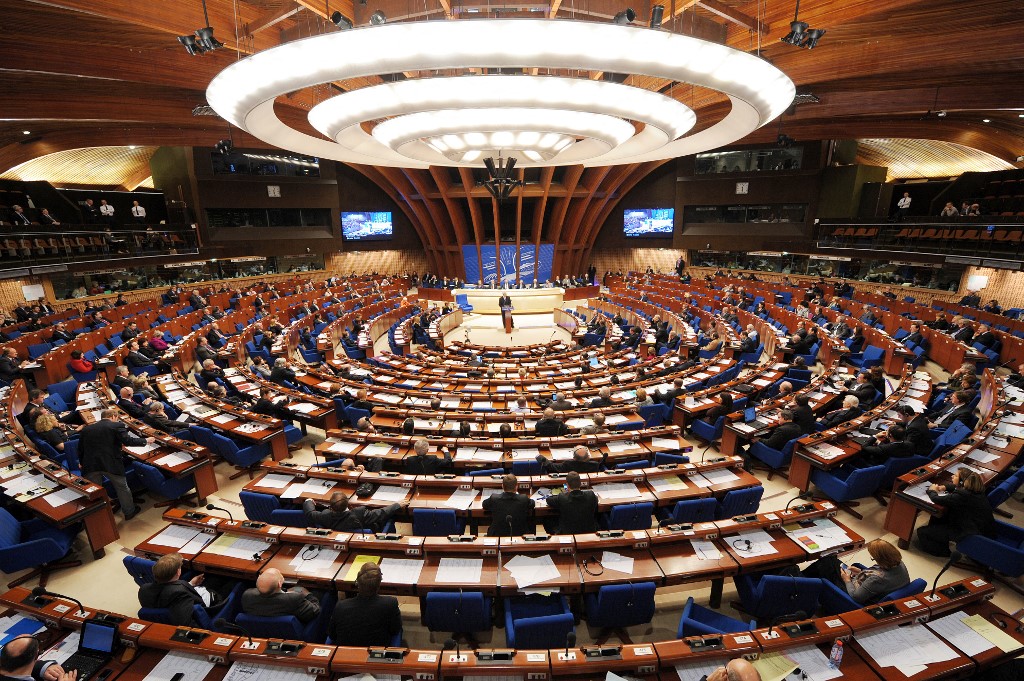The Parliamentary Assembly of the Council of Europe (PACE) is set to vote on a draft resolution urging member and observer states as well as the European Union to impose targeted sanctions on Turkish officials responsible for the unlawful imprisonment of political prisoners.
The draft resolution calls for engagement with Turkish authorities at the “highest levels” to secure the immediate release of jailed Turkish philanthropist Osman Kavala. In addition, it presses for urgent action to bolster the rule of law and human rights protection in Turkey.
Most notably, the document suggests applying “Magnitsky legislation” or other legal means to impose targeted sanctions on Turkish officials. These officials include police officers, prosecutors, judges and prison personnel who have played a role in the “unlawful and arbitrary deprivation of liberty” of Kavala and other political prisoners in Turkey.
PACE is set to vote on the resolution on Thursday.
Turkey’s Supreme Court of Appeals last month upheld Kavala’s conviction and life imprisonment on the charge of attempting to overthrow the government of then-prime minister Recep Tayyip Erdogan during large-scale protests in 2013.
Kavala, 66, faced alternating charges that have ranged from espionage and financing protests in 2013 to taking part in a failed coup against Erdoğan in 2016.
He was arrested in October 2017 and sentenced to life in 2022 for allegedly trying to topple Erdoğan’s government.
Turkey’s refusal to abide by European Court of Human Rights (ECtHR) rulings to immediately release Kavala have damaged Ankara’s relations with Western allies.
The Council of Europe launched infringement proceeding against Turkey over its treatment of Kavala that could potentially see Ankara expelled from the continent’s leading human rights organization.
Critics say his case highlights the deterioration of Turkey’s rights record in the second decade of Erdoğan’s rule.
The PACE resolution comes after a landmark ruling by the ECtHR last month that could affect thousands of political prisoners in Turkey. The court ruled that Turkey violated the rights of a former teacher convicted of terrorism due to his alleged use of a mobile application, his bank account and labor union membership, concluding that his conviction violated several legal principles enshrined in the European Convention on Human Rights: the right to a fair trial, the principle of no crime without law and the right to association.
This ruling is expected by legal experts and human rights defenders to have an impact on the conviction or trial of thousands of people who face terrorism charges, which are often used to crack down on government opponents. Despite signals from the Turkish government criticizing the ruling, experts say Turkish authorities have to abide by the ruling or face consequences.
